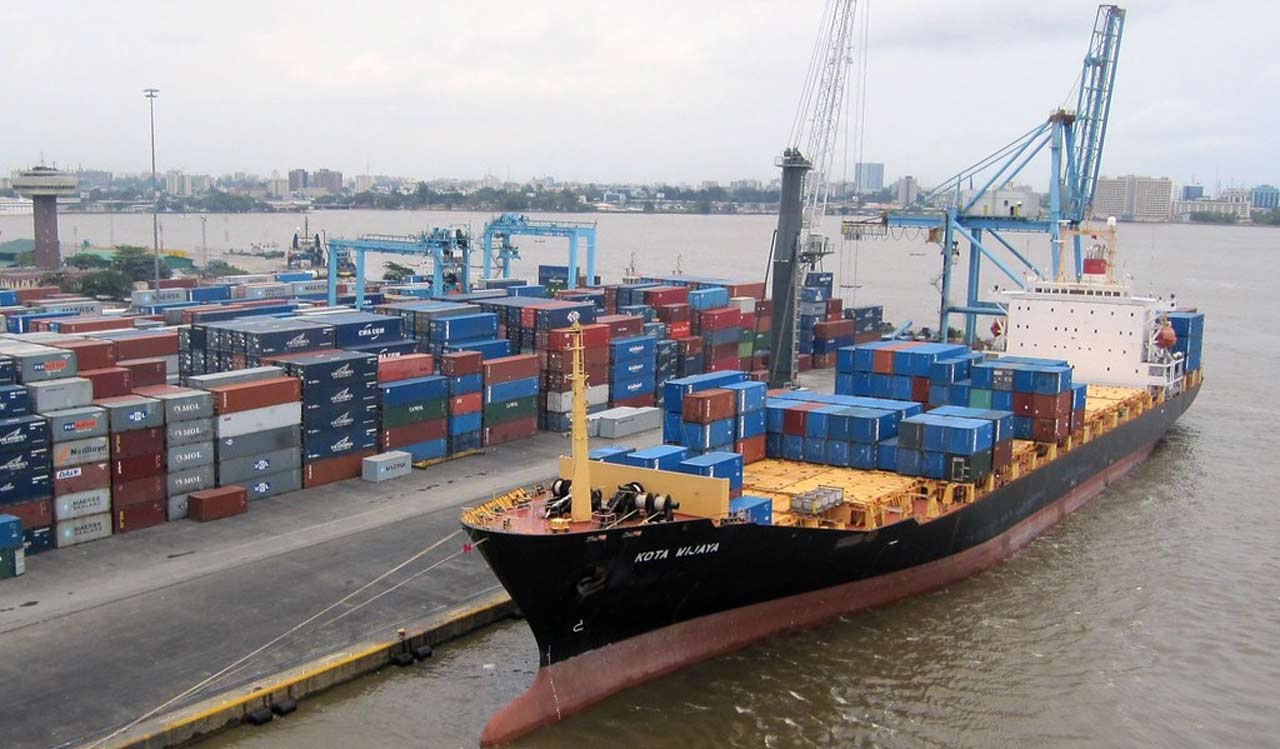Nigerian Seaports Missing from 2025 Global Top 100 Rankings

Nigeria’s major seaports have once again failed to make it into the 2025 Lloyd’s List ranking of the world’s top 100 ports, underscoring persistent infrastructure and efficiency challenges within the country’s maritime sector.
According to the latest global port performance index released by Lloyd’s Register, only four African ports made the cut — Morocco’s Port of Tanger Med, Egypt’s Port Said and Alexandria, and Togo’s Lomé Port.
Morocco’s Tanger Med retained its position as Africa’s leading port, ranking 17th globally after handling over 10.2 million twenty-foot equivalent units (TEUs) in 2024 — an 18.9% increase that reinforces its role as a key transhipment hub.
Egypt’s Port Said followed at 53rd, processing 3.9 million TEUs despite Red Sea disruptions, while Alexandria recorded strong growth to 2.2 million TEUs. Togo’s Lomé Port rounded out the continent’s presence at 92nd, with over 2 million TEUs handled.
Maritime analysts have linked Nigeria’s exclusion to chronic infrastructure deficits, limited automation, and poor logistics connectivity.
“Ageing berths, inadequate dredging, and poor hinterland links continue to discourage major shipping lines,” maritime expert Emmanuel Onyema explained. He noted that “without integrated rail and road access, even new facilities like the Lekki Deep Sea Port cannot reach full potential.”
Another analyst, Chinedu Ogbonna, stressed that inefficiencies — rather than lack of trade — are the primary barrier. “Infrastructure creates capacity, automation ensures reliability, and connectivity moves goods efficiently. Without all three, Nigerian ports remain unattractive to global carriers,” he said.
The Lloyd’s List report noted that global container traffic rebounded strongly in 2024, reaching 743.6 million TEUs — up 8.1% year-on-year — as global trade flows recovered from pandemic-era disruptions.
While Asia continues to dominate with Chinese ports handling over 40% of total throughput, Africa’s growth has been constrained by high operating costs, limited automation, and the ongoing Red Sea security crisis, which has disrupted key maritime routes.
Experts say Nigeria must urgently invest in modern port infrastructure, streamline customs processes, and enhance multimodal connectivity to re-enter global maritime rankings and compete effectively within West Africa’s growing trade corridor.


